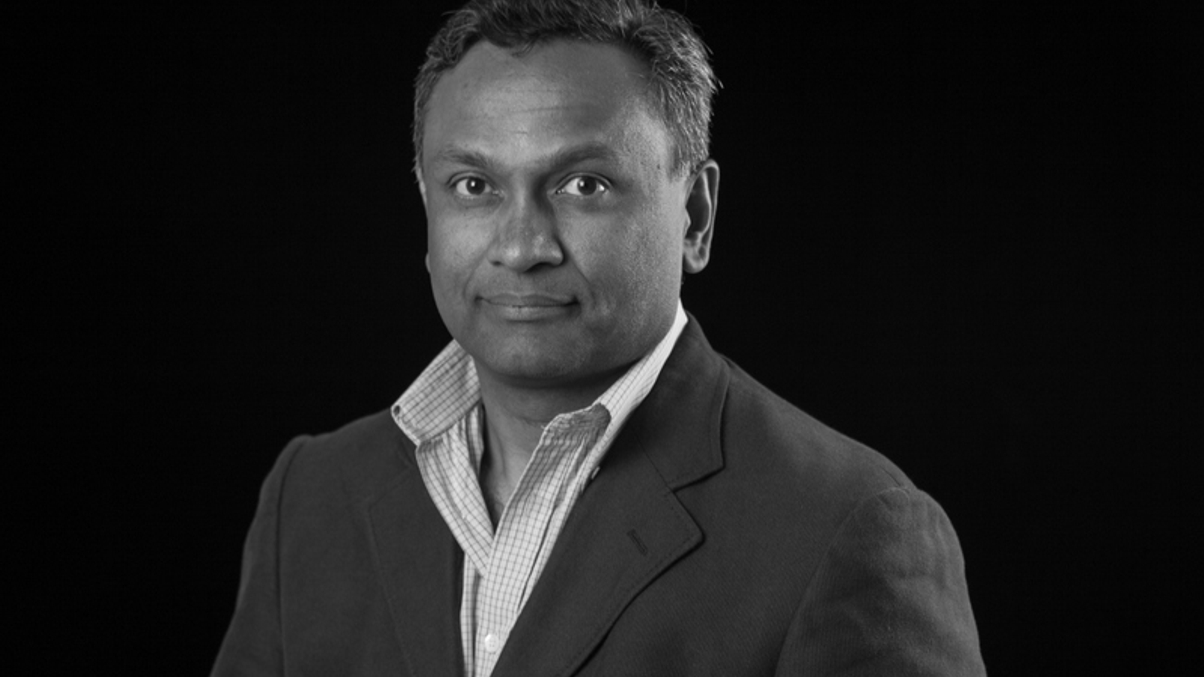Sparks fly in economic divergence debate
Experts at an AsianInvestor forum voice wildly differing views on the drivers of global economics and whether the US Federal Reserve will raise rates next year.

Divergence has become a buzzword in global economic circles of late and it was out in force yesterday at a forum organised by industry body Asia IRP in partnership with AsianInvestor.
Sign in to read on!
Registered users get 2 free articles in 30 days.
Subscribers have full unlimited access to AsianInvestor
Not signed up? New users get 2 free articles per month, plus a 7-day unlimited free trial.
¬ Haymarket Media Limited. All rights reserved.


